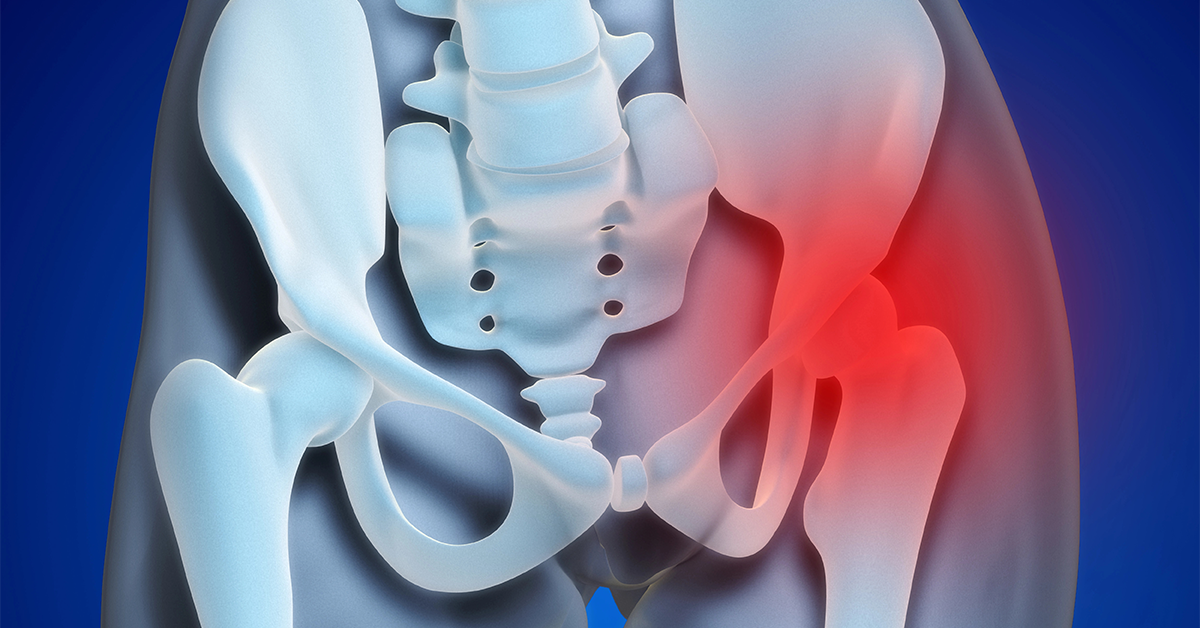
Can I Wait Too Long to Have Hip Replacement?
Hip replacement surgery can be a life-changing procedure for those suffering from chronic hip pain and reduced mobility due to conditions like osteoarthritis. However, many people wonder if they can wait too long to undergo this surgery. The decision to have a hip replacement is significant and should be carefully considered in consultation with your healthcare provider. Here are some factors to consider when timing your surgery.
Progression of Joint Damage
One of the primary concerns about delaying hip replacement surgery is the progression of joint damage. As osteoarthritis or other degenerative conditions worsen, the hip joint can become increasingly damaged. This not only leads to more severe pain and reduced function but can also make the surgery more complicated. Advanced joint damage can result in bone deformities and loss of muscle strength, which may impact the outcome of the surgery and prolong recovery time.
Impact on Quality of Life
Living with chronic hip pain can significantly impact your quality of life. Activities that you once enjoyed, such as walking, exercising, or even simple tasks like getting in and out of a chair, can become challenging and painful. Prolonging the decision to have surgery can lead to a sedentary lifestyle, which may result in weight gain, loss of muscle tone, and other health issues such as cardiovascular disease. Addressing hip pain sooner rather than later can help you maintain a more active and healthy lifestyle.
Increased Risk of Complications
Waiting too long to have hip replacement surgery can increase the risk of complications. As your mobility decreases, you may become more prone to falls and fractures, which can complicate your overall health and the surgical outcome. Additionally, prolonged use of pain medications to manage hip pain can lead to side effects and dependency issues. Early intervention with hip replacement surgery can help mitigate these risks and provide a more straightforward path to recovery.
Psychological and Emotional Effects
Chronic pain and reduced mobility can take a toll on your mental health. Feelings of frustration, depression, and anxiety are common among those who suffer from severe hip pain. These psychological and emotional effects can exacerbate physical symptoms and make daily life more challenging. By addressing the root cause of your pain through hip replacement surgery, you can improve both your physical and mental well-being.
Timing Your Surgery
Deciding when to have hip replacement surgery should be based on a thorough evaluation of your symptoms, overall health, and lifestyle goals. Your orthopedic surgeon will consider factors such as the severity of your joint damage, your level of pain, and how your condition affects your daily activities. They may also recommend less invasive treatments initially, such as physical therapy or injections, before proceeding with surgery.
In conclusion, while it's understandable to want to delay surgery, waiting too long to have a hip replacement can lead to increased pain, reduced quality of life, and more complex surgical outcomes. Early intervention can help preserve your joint health, improve your mobility, and enhance your overall well-being. If you are experiencing significant hip pain and limitations, it is essential to consult with your healthcare provider to determine the best course of action for your specific situation.
